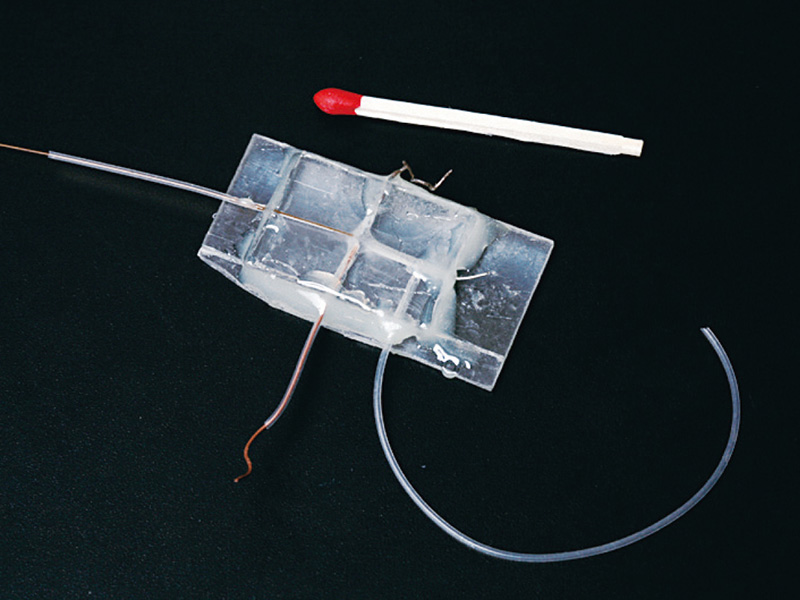
Environmental Analytical Chemistry Laboratory
Analytical chemistry for monitoring the environment
The conventional methods used to analyze environmental pollutants such as dioxins and hormone-disrupting chemicals are generally complicated and time-consuming. Another drawback is that samples of environmental pollutants have to be taken to a laboratory for analysis. However, a chemical sensor provides a simple way to measure the concentration of environmental pollutants by dipping the sensor into a sample solution. Our laboratory studies mainly concern the development of highly sensitive chemical sensors to rapidly and easily analyze environmental pollutants.

- Faculty Name
- MASADOME, Takashi
- Keyword
- Chemistry,Environment analysis,Sensors
- Laboratory location
- Research Building TOYOSU Campus 12F 12E25
This lab is for this SDG activity:
STUDY FIELDS
- Chemistry
- Applied chemistry
- Environmental engineering
- Biological engineering
- Materials science and engineering
FOR SOCIETY
The microchemical analysis system that uses chemical sensors can be utilized for analyzing environmental and bio-related substances. It is an eco-friendly method of analysis because it requires small amounts of samples and discharges small amounts of waste liquids.
RESEARCH THEMES
- Development of highly sensitive methods to easily and swiftly analyze environmental pollutants



